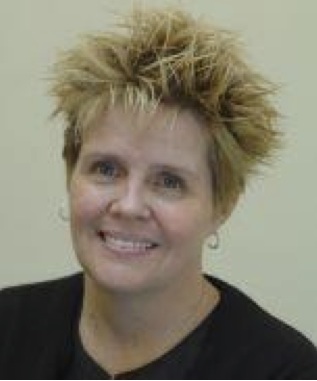News
Touro College Graduate School of Social Work Launches New Courses in “Play Therapy” and Cognitive Behavioral Therapy
Courses Designed to Help At-Risk Children

New York, N.Y. – The number of children living in poverty since 2000 has increased by four million; the number of homeless children in public schools has risen by 41 percent over two years; and a majority of children in public schools cannot read or do math at grade level in the fourth, eighth or 12th grades.
“These statistics - produced by the Children‟s Defense Fund in their handbook „The State of America‟s Children 2011‟ - show in stark detail that we have entered the decade of lost children,” said Dr. Steven Huberman, dean of the Touro College Graduate School of Social Work. “Children are increasingly at risk in America.”
The Dean announced that professionals who treat at-risk children suffering from trauma, grief and other disorders can now enroll in new, non-credit courses in “Play Therapy,” at Touro‟s Graduate School of Social Work - the first and only graduate school of social work in New York City to offer such training. The sequence can lead to certification as a Registered Play Therapist (RPT) through the National Association for Play Therapy (APT).
The courses are designed to help at-risk children lead better lives, while at the same time help post-graduate professionals advance in their present careers or acquire skills needed to prepare for new ones.
“Training in play therapy facilitates therapists‟ abilities to speak the language of childhood,” said Dr. Melissa J. Earle, director of the School‟s Institute for Advanced Professional Development, through which the courses are being offered. “Play therapists use these techniques to help children express what is troubling them when they do not have the skills to communicate through speech. The positive relationships that develop between therapists and children provide corrective emotional experiences needed for healing.”
Touro‟s Play Therapy sequence encompasses four classes and 500 hours of supervised field work. Students can enroll in one or all of the courses offered, and those who complete the five-course sequence will receive a certificate of attendance for each course as well as the 150 hours required for certification. Applicants should hold a master‟s degree in psychology, social work, education, counseling or human development.
Another offering from the Institute for Advanced Professional Development designed for social workers and other practitioners is “Introduction to Advanced Clinical Practice Using Cognitive Behavioral Therapy,” – also known as “CBT.” CBT is a psychotherapeutic approach that aims to treat psychological disorders though brief, direct and time-limited techniques.
“Increasingly, mental health practitioners are being asked by funding sources that support New York‟s public service agencies to show their familiarity with and competency using „evidence-based‟ practices such as CBT,” said Dr. Earle. She added that evidence-based practices like CBT encompass techniques that have been validated through research and are generally accepted to have demonstrated value.
“CBT is one of the most frequently used evidenced-based practices, and completion of Touro‟s course will enable practitioners to show in a concrete way their knowledge of this type of therapy,” she said.
The Touro College Graduate School of Social Work was established in 2006. The school‟s curriculum provides coursework and practical training in clinical social work settings leading to a Master of Social Work (MSW) degree. The MSW program is designed to educate and prepare self-aware social work practitioners who are dedicated to the values and ethical standards of the profession, and prepared to work with diverse and vulnerable populations in the metropolitan New York City area. The program meets all academic requirements for both social work licenses: LMSW (Licensed Master Social Worker) and LCSW (Licensed Clinical Social Worker).
Media Contact
Barbara Franklin
Director of Communications
212-463-0400 x5530
barbara.franklin@touro.edu

